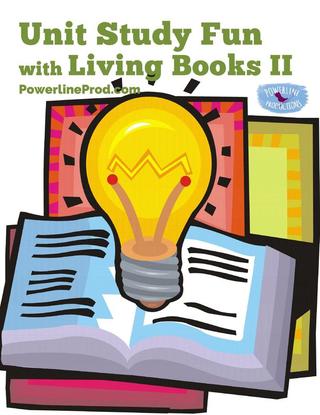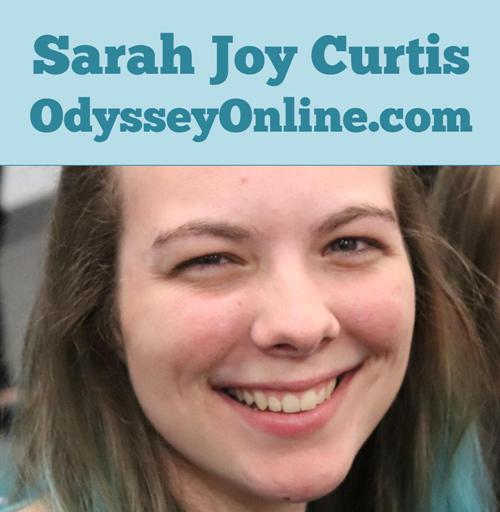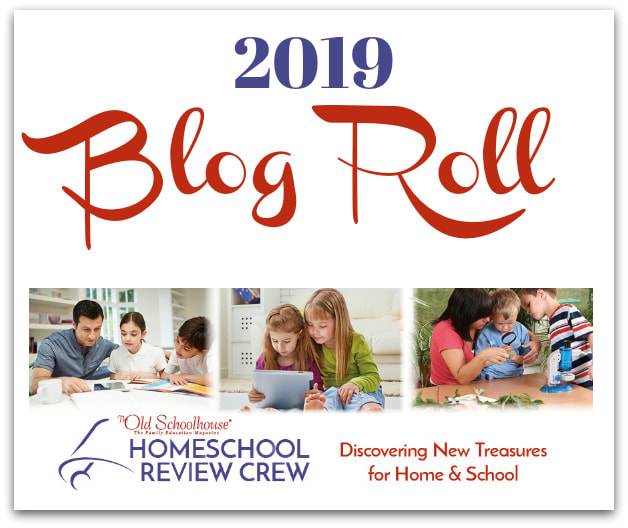 Unit studies are like gift bags filled with treasures inside. As we pull off the tissue paper, suddenly the bag has turned into Mary Poppins's carpet bag and out pours one thing after another. We start with a topic such as birds. We read lovely books on birds, go bird-watching with our field guides and sketch book, learn bird calls, make a bird feeder for the back yard, write a poem on birds, learn to care for a pet bird, calculate how much our bird eats, and learn how they fly! Go over my ideas and list all the school subjects that we covered. (See answer at the end of the article!) But, now, just as the gift bag seems empty, our little one says, "We know how birds fly. So, how do planes fly?" Ah, airplanes! We begin to pull out more treasures of knowledge about flight. Our joy in learning just grows and grows! We talked last time about living books because they will be the foundation of our unit studies. Now, let's talk about how to plan a unit study. Step # 1: Choose a Topic (See last post) Step # 2: Choose Living Books (See last post) Step #3 Rhetoric, Writing, & Research Once you've chosen your topic and living books, you will find that writing, speaking, and research possibilities are endless. The hard thing will be narrowing down what you want to do! Ask the questions...What?...Where?....When?...How?...Why?....and...With Whom? Pretend you have chosen Florida as a topic and Brave the Wild Trail by Milly Howard as a book to read aloud a chapter per day. Brave the Wild Trail is about the original Florida "Crackers" who cracked the whip as they drove their herd of cattle to the Tampa area for shipping! You can research these original Florida cowboys or study the history of cattle ranching in Florida. Or you could research the reasons that Florida geography made cattle ranching so popular back in the day! What about the nearby Native Americans? Did they raise cattle too? The speaking assignment could just be to share with the rest of the family what your young researcher learned from his studies! Your research could also result in fiction writing, such as an additional chapter to Brave the Wild Trail or maybe a sequel! Step #4 Language Arts Language Arts activities include grammar, spelling, and vocabulary. A list of word related to the book to define and learn to spell is a perfect language arts activity. Your children could choose their own words by searching through the living books you've chosen or you can make the list! It's fun to make little booklets or "matchbooks" for these words! Illustrate them too! Grammar can be part of editing their writing assignments. Teach the grammar principles for the mistakes they make in their writing. Step #5 Field Trips Field Trips bring a topic alive. It is a good idea to clip newspaper articles/ads and gather brochures about places nearby that are field trip possibilities. These can be stored in a file folder labeled "Field Trip Ideas," so that when it's time to plan a field trip, you can scan your folder for just the right place to go! A unit study on Florida "Crackers' is completed perfectly by a visit to a cattle ranch or a living museum. Step #6 Looking & ListeningLooking and listening can be artwork, photographs, music, teaching tapes, movies, interviews with an expert, or anything else that your child can look at or listen to on the topic. Old photographs of Florida cowboys would be great to look at together. Listening to some cowboy songs would be fun too! Maybe an old rancher has some family stories he can pass on to your children. Step #7 Hands-On FunThis is the memory-making part. Oh, and it's also the mess-making part. Relax and enjoy creating the mess! You can clean it up later. My children love to cook and bake, so we try to find recipes to relate to almost all of our unit studies! We also love to glue, paint, make up skits, and videotape! Your children might want to make a typical Florida "Cracker" meal and serve it for family dinner. Or they could make up a skit that takes place on a cattle drive. You could draw and paint pictures of Florida in the late 1800's. Step #8 FinalePlan a final event where students can show off their work and have some fun! It could be a party or a reenactment. It might be for just the family, or you might invite friends. But whatever it is, make it fun and set up a table with all their finished projects on it! A mock cattle drive would be a great finale to a Brave the Wild Trail/Florida "Crackers" unit study. Step #9 Schedule ItOnce you have your ideas listed on paper, try to figure out how much time will be needed to complete each thing. How many days do you think everything will take? Or maybe you are limited to a certain number of days. Now divided everything out over all the days you have available to work on the unit study with the finale at the end. Step #10 Do It, Record It, Remember It Don't let everything you've done be lost and forgotten. I realize that you can't save everything, but you can take pictures of everything and make a scrapbook page or two. Unit studies create memories, impart knowledge, and let all ages learn together. If you want to learn more about unit studies, Quick and EZ Unit Study Fun is a great resource to help you put together your own units with books lists, topic ideas, suggestions, tips, forms, and all kinds of creative fun. Quick and EZ Unit Study Fun is available at Amazon. The E-book is available at PayHip and Currclick. Let me hear about some of your unit studies! The good, the bad, the creative, the disasters by commenting below. Until next time, continue to enjoy a lifetime and lifestyle of learning with your family! Happy Hands-On Learning Warmly, Meredith Curtis Answer to earlier question, "How many subjects did we cover?": Biology, zoology, reading art, music, field trips, wood working, poetry, life skills, math, and physics. Of course, you can also write a story about birds (writing, grammar), list vocabulary words (vocabulary, spelling), make "bird food" (homemaking), learn about birds from other places (geography), and learn about birds in different time periods (history).
0 Comments
Leave a Reply. |
AuthorsMeredith Curtis Archives
February 2020
Categories
All
|
Powerline Productions
- Home
-
Books
-
Curriculum
- HIS Story of the 20th Century >
-
High School Courses
>
- Economics, Finances, & Business >
- American Literature & Research
- British Literature
- Who-Dun-It Murder Mystery
- Foundations of Western Literature
- Communication 101: Essays & Speeches
- Old Testament Survey
- Worldview: Understand the Times Workbook
- Drama
- Career Choices & the College Decision
- Real Men 101
- Real Men 102
- Real Men 103: Leadership
- God's Girls 101
- God's Girls 103
- God's Girls 104: Motherhood
- God's Girls 105: Homemaking
- Travel God's World Geography >
- Government
- Unit Studies >
- Teach History the Fun Way >
- Families Learn Together American History >
- STEM Notebooking Pages
- Middle School Courses >
-
Bible
- Cozy Mysteries
- Blog
Photos from cloudzilla, Fil.Al, vaniljapulla, m01229, Ian D. Keating, (Imagine) 2.0, Theo Crazzolara, RomitaGirl67, RomitaGirl67, Gonmi, moonlightbulb, RomitaGirl67, Amydeanne, Salva Martinez, Graham Ó Síodhacháin, Ruth and Dave, infomatique, MsSaraKelly, moonrat42, {Guerrilla Futures | Jason Tester}, Monica's Dad, kennethkonica, o palsson, Tourismusregion Katschberg, wuestenigel, COD Newsroom, ANBerlin, Henri Photography, Tourismusregion Katschberg, Corey Ann, *_*, diannlroy.com, Theo Crazzolara, DaPuglet, terren in Virginia, George M. Groutas, Bunches and Bits {Karina}, Anders Ruff Custom Designs, ¥§•ªˆ¨ˇ© LOVE © ˇ¨ˆª•§¥, srqpix, inkknife_2000 (8 million views +), judy dean, ANBerlin, Phil Roeder, Base Camp Baker, Anders Ruff Custom Designs
 RSS Feed
RSS Feed







